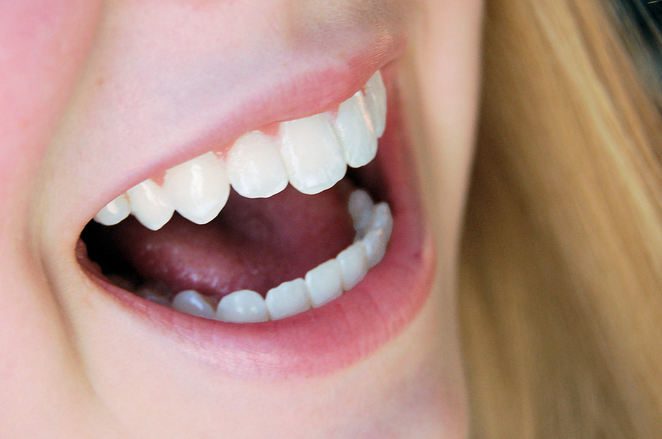Arthritis is a disorder of the joints characterized by inflammation, stiffness, and joint pain. It can also cause swelling and disfiguration or deformation of affected joints. There are many types of arthritis, ranging from those that are associated with wear and tear of cartilage to those caused by inflammation due to an overactive immune system, like in the case of rheumatoid arthritis. Osteoarthritis affects joints that are used frequently while rheumatoid arthritis affects symmetrical joints as a result of its autoimmune nature.

(Freeimages / Julia Freeman-Woolpert)
Oral health is directly affected by arthritis when the joints in the jaw are involved. These joints are called temporomandibular joints. When people have arthritis in their jaw, their quality of life may be significantly affected. They may have difficulty opening their mouth, eating, and chewing. People with this kind of arthritis generally remain independent, but there are those that become debilitated, requiring special care.
When arthritis affects the hands, people’s manual dexterity may be compromised. They may have trouble maintaining good oral hygiene because they have trouble brushing their teeth and flossing. If left unmanaged, they could develop dental problems such as gingivitis and periodontitis. In fact, there is a high incidence of periodontitis among arthritis patients.
People affected with arthritis may have better luck caring for their teeth if they use a toothbrush with a large handle that is easier to grip. An electric toothbrush is also a good option. Large floss holders, which may be obtained from the pharmacy, may allow arthritis patients to continue flossing as their disease progresses.
Patients should talk to their dentist about their arthritis before starting dental treatment. The dentist can then modify their treatment plan as needed. Arthritis patients should see their dentists in late morning or early afternoon when their symptoms may be better than at other times of the day.
